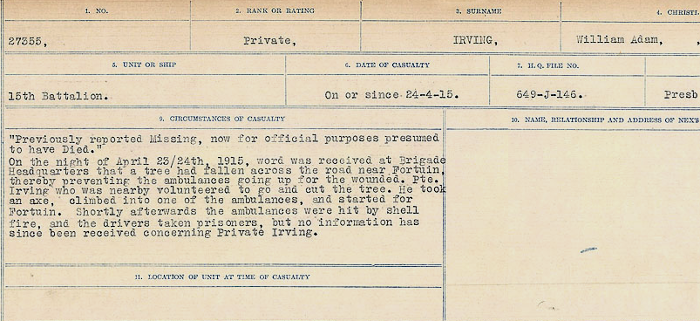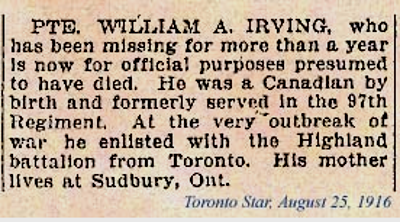The United States Marine Corps
Topic: US Armed Forces

The United States Marine Corps
The Noncommissioned Officer and Petty Officer; Backbone of the Armed Forces, 2014
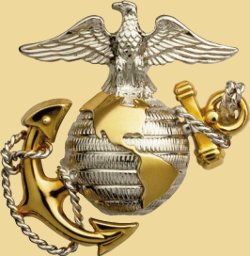 Marines are different. They have their own air arm, and they deploy on land and at sea. They have a hymn, not a song. Marines are different because of their ethos. Chapter 1 of Marine Corps Warfighting Publication 6-11, Leading Marines, is titled "Our Ethos." The introduction to that publication captures the essence of the Marine Corps ethos:
Marines are different. They have their own air arm, and they deploy on land and at sea. They have a hymn, not a song. Marines are different because of their ethos. Chapter 1 of Marine Corps Warfighting Publication 6-11, Leading Marines, is titled "Our Ethos." The introduction to that publication captures the essence of the Marine Corps ethos:
Being a Marine comes from the eagle, globe, and anchor that is tattooed on the soul of every one of us who wears the Marine Corps uniform. … Unlike physical or psychological scars, which over time, tend to heal and fade in intensity, the eagle, globe, and anchor only grow more defined—more intense—the longer you are a Marine. "Once a Marine, always a Marine." (Marine Corps Warfighting Publication 6-11, Leading Marines (Washington, DC: Headquarters United States Marine Corps, 1995))
That tattoo reflects a selfless spirit of being one of the few. Ask any Marine what he or she does, and the answer will be "I'm a Marine." What is most important to a Marine is being a Marine, not what rank or military occupational specialty he or she holds. It is the culture of the Marine Corps that makes it different not only from society as a whole, but also from the other Services. The Marine Corps is determined to be different—in military appearance, obedience to orders, disciplined behavior, adherence to traditions, and most important, the unyielding conviction that the Corps exists to fight. It has a deep appreciation for its rich history and traditions, which instills pride and responsibility in every Marine down to the lowest levels. Older Marines pass the traditions of the Corps to younger ones, ensuring they understand that the successes and sacrifices of the past set the path for the future. Since the first two battalions of Marines were raised by an act of the Continental Congress in 1775, many recruited from Tun Tavern in Philadelphia, the Corps has distinguished itself in every conflict in our nation's history. What follows are some of the more important characteristics that have shaped Marine Corps culture not only in the past, but also today.
Every Marine Is a Rifleman. In fact, every Marine, officer or enlisted, is trained first to be a rifleman before being trained in any other specialty. It is this bedrock premise and the training that goes with it that set all Marines on a common foundation. Leaders are molded with the same training given to those they will lead, building empathy and understanding unattainable in the other Services. Every facet of the Marine Corps exists to support the rifleman, and every Marine understands that.
Taking Care of Our Own. The characteristic that best defines Marines is selflessness—a spirit that places the self-interest of the individual after that of the institution and the team, all working toward a common goal. It is important that the unit succeed, not the individual. It is common to hear Marines speak of their leaders based on how well they take care of subordinates. "Take care of your people" and "take care of each other" are imbued in Marines from their first day in the Corps. Officers and NCOs eat last. They inspect the chow hall by eating in it. They know how their troops live in the barracks because they go there, and in the field they never have more creature comforts than their troops do. The only privilege of rank is that of ensuring that your subordinates are cared for. This culture defines what the Marine Corps is and who Marines are: men and women who exhibit extraordinary leadership and courage, both physical and moral, shaped by their dedication to the institution and each other.
Combined Arms Expeditionary Forces in Readiness. Operationally, there are four generally accepted characteristics that define and describe the Marine Corps. First, although capable of deploying and employing by various means, the Marine specialty is amphibiousness: the Corps comes from the sea, thus Marines think of themselves as "Soldiers of the Sea." Therefore, the Service focuses primarily on the coastal or littoral regions of the world. Second, the Marine Corps trains and operates as a Marine Air-Ground Task Force, a combined-arms, air-ground team, logistically self-sustainable for short periods of time. Third, as a force-in-readiness, the Marine Corps is a national "swing force"—forward deployed and expeditionary by nature—ready to respond rapidly to crises. Fourth, the Marine Corps considers itself a light-to-medium force, packing a quick and lethal punch. Although prepared to operate across the full spectrum of conflict, the Corps is more at home and most effective as a light-to-medium force that can be on scene quickly with enough firepower and sustainability to conduct operations as an "enabling force" until heavier units arrive.
The Marine Corps Is Small. As part of its expeditionary nature, the operating forces of the Marine Corps live on "camps," not forts or bases, and maintain a high tooth-to-tail ratio, relying on the other Services for a large portion of logistics, transportation, education, and combat service support. Many Marines receive specialized training at the other Service schools. There are no Marine doctors, nurses, dentists, field medical corpsmen, or chaplains—all of these are provided by the Navy. The Air Force and Navy get the Marines to the fight, with the Army assisting toward sustainment if Marines are forward deployed for extended periods.
Most Active-duty Marine forces are in the operating forces, with the bulk of those forces in the Fleet Marine Forces. These operating forces provide the combat power that is immediately available to the combatant commanders for employment.
To Marines, expeditionary means more than just getting there quickly. The Marines in the operating forces—most living in a Spartan-like "temporary-residence" mindset when not deployed— are eager members of the combined-arms team. This team is tailored toward a maneuver warfare approach to combat, where power from the sea is projected across the littoral, ideally maximizing the combined effect of its resources at a critical seam of the enemy's defense.
In 1957, the Commandant of the Marine Corps asked Lieutenant General Victor Krulak, "Why does the United States need a Marine Corps?" Five days later, General Krulak replied:
Essentially, as a result of the unfailing conduct of our Corps over the years, they (our nation's citizens) believe three things about Marines. First they believe when trouble comes to our country there will be Marines—somewhere—who, through hard work, have made and kept themselves ready to do something useful about it, and do it at once.
Second, they believe that when the Marines go to war they invariably turn in a performance that is dramatically and decisively successful—not most of the time, but always. Their faith and their convictions in this regard are almost mystical.
The third thing they believe about Marines is that our Corps is downright good for … our country; that the Marines are masters of a form of unfailing alchemy which converts unoriented youths into proud, self-reliant stable citizens—citizens into whose hands the nation's affairs may safely be entrusted.
Krulak concluded:
I believe the burden of all this can be summarized by saying that, while the functions which we discharge must always be done by someone, and while an organization such as ours is the correct one to do it, still, in terms of cold mechanical logic, the United States does not need a Marine Corps. However, for good reasons which completely transcend logic, the United States wants a Marine Corps. Those reasons are strong; they are honest, they are deep rooted and they are above question or criticism. So long as they exist—so long as the people are convinced that we can really do the three things I mentioned—we are going to have a Marine Corps… . And, likewise, should the people ever lose that conviction—as a result of our failure to meet their high—almost spiritual standards—the Marine Corps will then quickly disappear. (Victor H. Krulak, First to Fight: An Inside View of the United States Marine Corps (New York: Pocket Books, 1984))
In 1935, Gunnery Sergeant Walter Holzworth was asked how the Marine Corps came by its reputation as one of the world's greatest fighting formations. He replied, "Well, they started right out telling everybody how great they were. Pretty soon they got to believing it themselves. And they have been busy ever since proving they were right."

Posted by regimentalrogue
at 12:01 AM EST
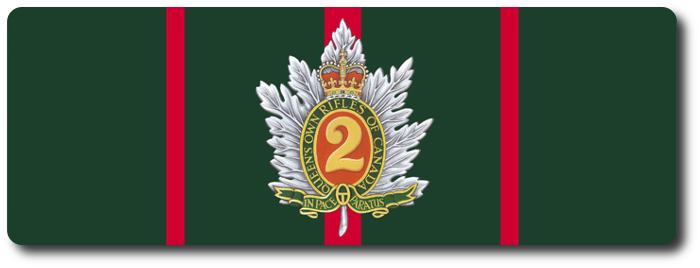
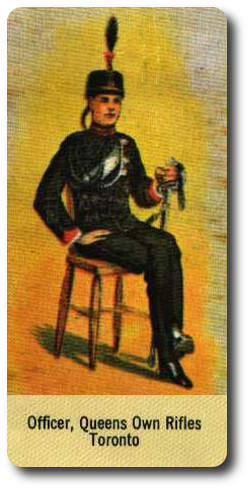 A Guide to Riflemen of The Queen's Own Rifles of Canada, by Lieut.-Col. Reg. Pellatt, 1924
A Guide to Riflemen of The Queen's Own Rifles of Canada, by Lieut.-Col. Reg. Pellatt, 1924

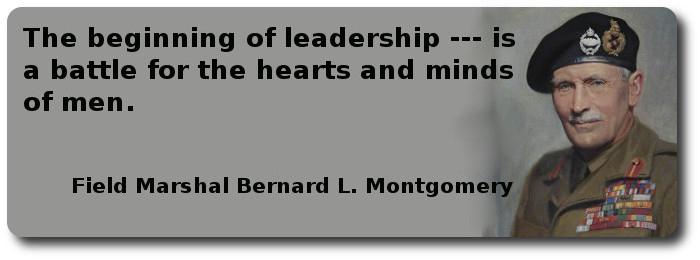
 An army today is a self-contained community; it contains everything its members need for war, from bullets to blood banks. I will always remember Churchill's anger when he heard of several dentist's chairs being landed over the beaches in Normandy! But we have learnt since the 1914-18 war that by caring for a man's teeth, we keep him in the battle. The good general must not only win his battles; he must win them with a minimum of casualties and loss of life. I learnt during the 1939-45 war that four things contributed to the saving of life:
An army today is a self-contained community; it contains everything its members need for war, from bullets to blood banks. I will always remember Churchill's anger when he heard of several dentist's chairs being landed over the beaches in Normandy! But we have learnt since the 1914-18 war that by caring for a man's teeth, we keep him in the battle. The good general must not only win his battles; he must win them with a minimum of casualties and loss of life. I learnt during the 1939-45 war that four things contributed to the saving of life: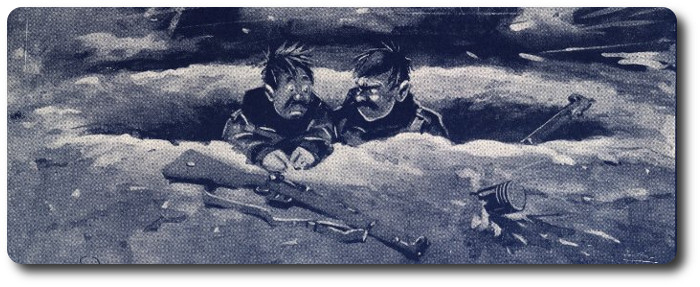
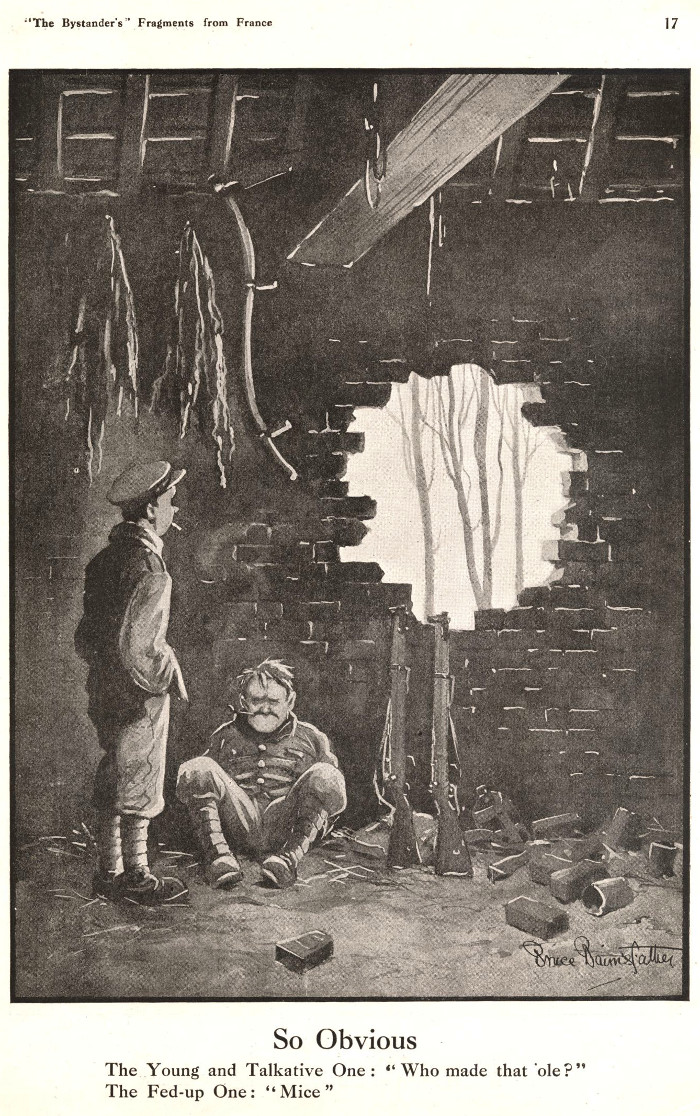


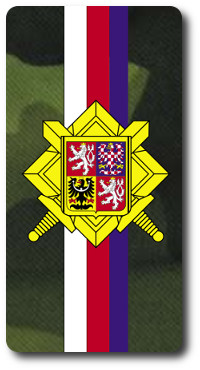 Common principles of military operations stated in chapter 4 of this doctrine, fully apply to combat operations too, for which the following principles are specific:
Common principles of military operations stated in chapter 4 of this doctrine, fully apply to combat operations too, for which the following principles are specific: 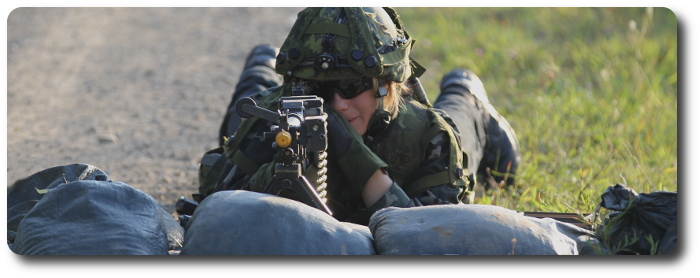
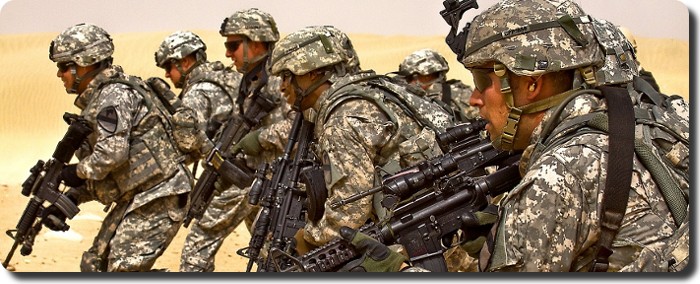
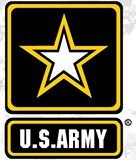
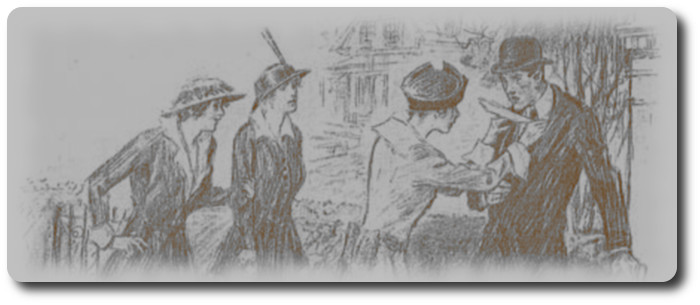
 The memorable year of 1914 closes with the hope that we shall soon be 'in it.'
The memorable year of 1914 closes with the hope that we shall soon be 'in it.'
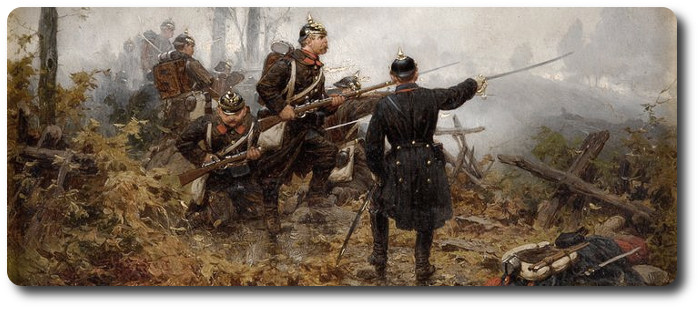
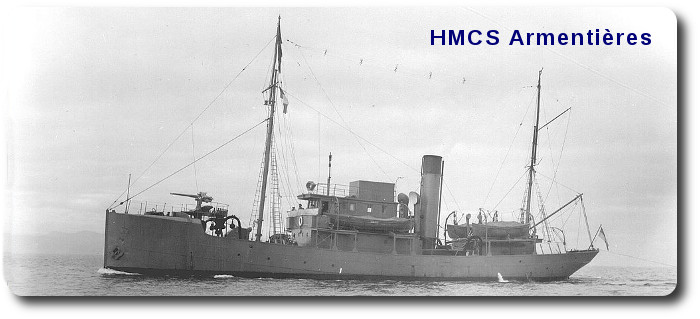
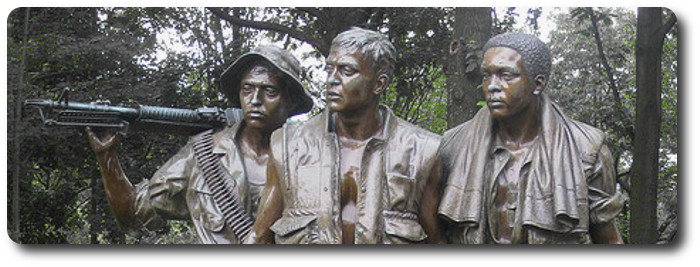
 Combat Recon Manual, Republic of Vietnam; 1970
Combat Recon Manual, Republic of Vietnam; 1970
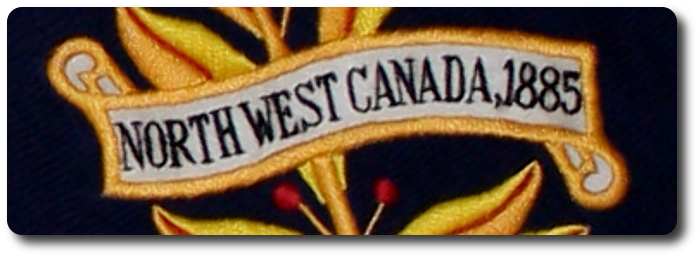


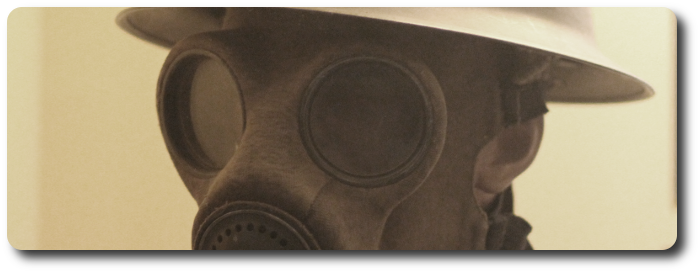


 In 1926, a question regarding the design of Standards, Guidons and Colours for units of the Canadian Militia was brought forward. The following excerpt comes from a letter, dated 6 May 1926, from the Acting Under-Secretary of State for External Affairs to the office of the Governor General:
In 1926, a question regarding the design of Standards, Guidons and Colours for units of the Canadian Militia was brought forward. The following excerpt comes from a letter, dated 6 May 1926, from the Acting Under-Secretary of State for External Affairs to the office of the Governor General:
 From the
From the 
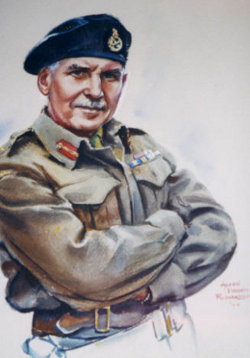 'Worthy'; A Biography of
'Worthy'; A Biography of 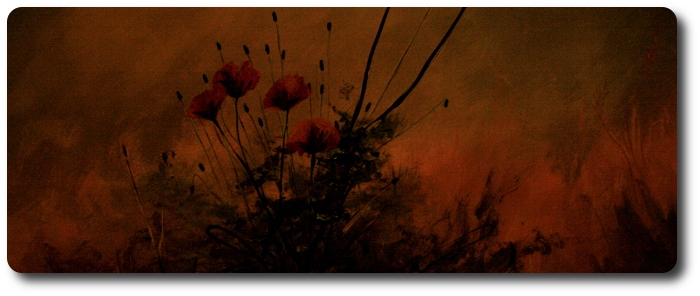
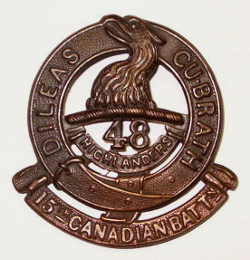 Identifying Irving from this brief description seemed like a daunting task, but checks of Ted Wigney's "
Identifying Irving from this brief description seemed like a daunting task, but checks of Ted Wigney's "